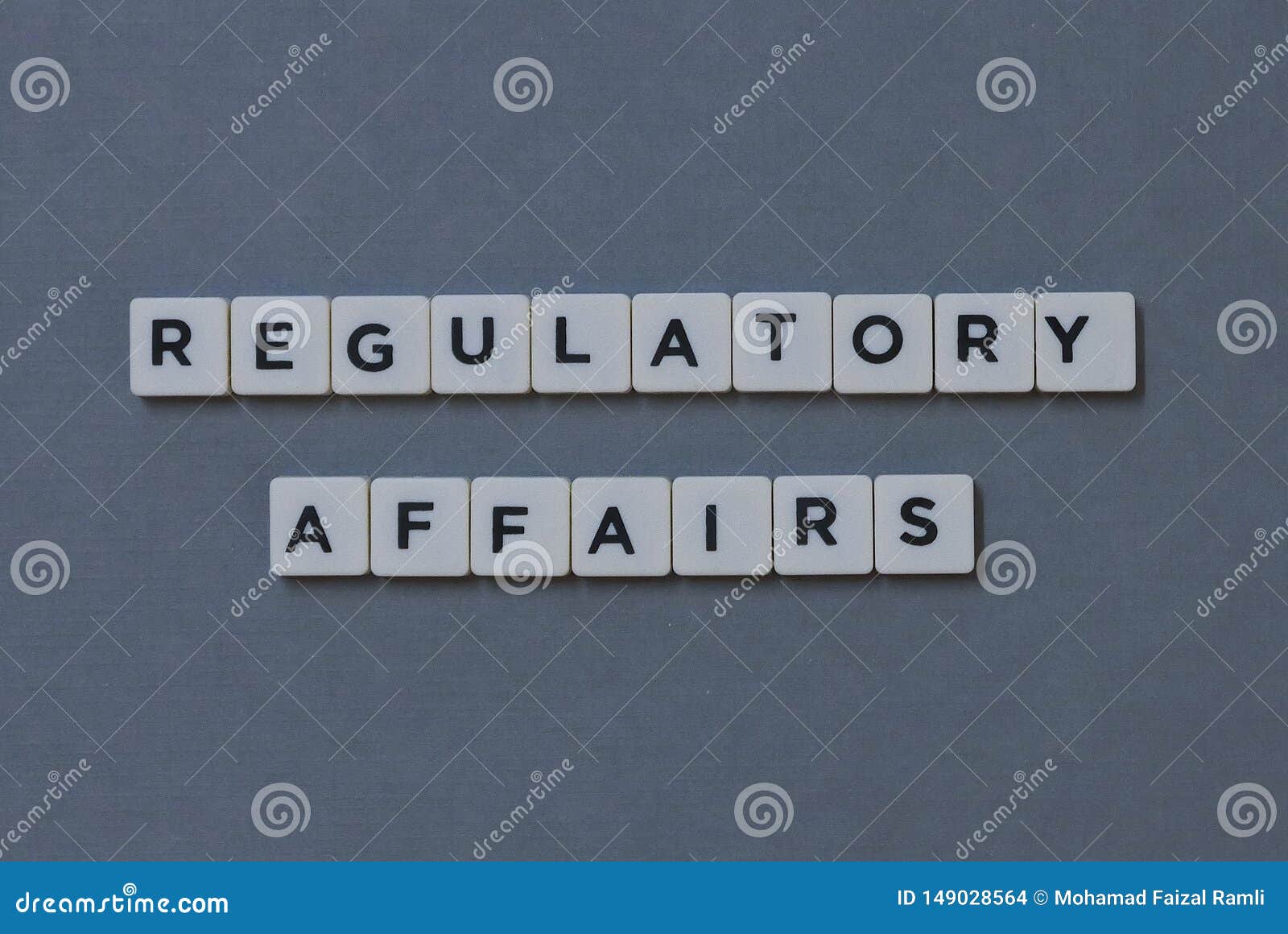Understanding ORA and its Impact on Regulatory Affairs
Understanding ORA and its Impact on Regulatory Affairs
Blog Article

Regulatory Affairs plays a crucial role in the development and approval of products in various industries, particularly in pharmaceuticals, biotechnology, and medical devices. As these sectors continue to evolve with rapid advancements in technology and science, the demand for effective regulatory strategies has never been greater. Understanding how regulations impact the marketplace and the processes that govern product approvals is essential for professionals in the field.
In this context, ORA, or the Office of Regulatory Affairs, emerges as a key player. It serves as a bridge between companies and regulatory bodies, ensuring that products meet safety and efficacy standards. As businesses navigate the complexities of compliance, the insights provided by ORA can significantly influence their strategies and operations. By examining the influence of ORA, we can better appreciate the intricate balance between innovation and regulation that ultimately shapes the industry landscape.
Overview of ORA
The Office of Regulatory Affairs, commonly referred to as ORA, is a pivotal component of the regulatory framework that oversees the safety and efficacy of various products. Established to enforce compliance with regulatory standards, ORA plays a crucial role in ensuring that pharmaceuticals, medical devices, and other products meet the required criteria before they reach the market. This function not only protects public health but also maintains the integrity of the regulatory system.
ORA encompasses a wide range of activities that include inspection, enforcement, and policy development. By conducting thorough inspections of manufacturing facilities, ORA assesses compliance with Good Manufacturing Practices and other relevant regulations. This process is vital in identifying non-compliance issues that could pose risks to consumers. Furthermore, the office works closely with industry stakeholders to provide guidance on regulatory requirements, helping companies navigate the complexities of the approval process.
In the context of regulatory affairs, ORA's influence extends beyond enforcement. Its proactive approach in developing policies fosters a collaborative environment between regulators and industry. By engaging with stakeholders, ORA helps to address emerging challenges in the regulatory landscape, facilitating innovation while ensuring that safety standards are upheld. This balance is essential for the advancement of public health initiatives and the support of a viable market for safe and effective products.
Key Functions of Regulatory Affairs
Regulatory Affairs plays a crucial role in ensuring that products, particularly in the pharmaceutical and biotechnology sectors, comply with all regulations and laws governing their development and marketing. One of the primary functions is to provide guidance on regulatory requirements throughout the product lifecycle, from initial development to post-market surveillance. This involves staying up to date with the ever-evolving regulatory landscape and advising internal teams on the necessary steps to meet compliance while also optimizing product timelines.
Another key function of Regulatory Affairs is the preparation and submission of documentation to regulatory bodies. This includes filings for Investigational New Drug applications, New Drug Applications, Biologics License Applications, and Marketing Authorization Applications. Regulatory Affairs professionals meticulously compile data from clinical trials, safety information, and manufacturing processes to create comprehensive submissions that facilitate the approval process. Their expertise is vital in ensuring that all submissions align with the expectations of regulatory authorities and reach the intended markets efficiently.
Additionally, Regulatory Affairs acts as a liaison between the company and regulatory authorities, influencing policy and fostering collaboration. This role involves engaging in discussions with regulators regarding new guidance, emerging regulations, and potential changes that could impact the industry. By establishing strong relationships with regulatory agencies, professionals in this field can advocate for their organization's interests while ensuring that public health and safety remain paramount. This collaborative effort is essential for navigating complex regulatory pathways and ultimately achieving successful product launches.
Impact of ORA on Regulatory Practices
The Office of Regulatory Affairs, or ORA, has significantly influenced the landscape of regulatory practices within the healthcare sector. By providing clear guidance, resources, and oversight, ORA has enabled organizations to navigate the complexities of regulatory requirements more effectively. This support not only streamlines the submission process for new products but also fosters a collaborative environment between regulatory authorities and industry stakeholders, which is crucial for timely approvals and market access.
Regulatory Affairs Course
Moreover, ORA plays a pivotal role in enhancing compliance across various sectors by implementing rigorous standards and conducting regular inspections. By establishing a framework for accountability, ORA ensures that companies adhere to regulations that protect public health and safety. This proactive approach to compliance helps mitigate risks associated with non-compliance, ultimately leading to better patient outcomes and increased trust in healthcare products.
Finally, ORA's commitment to continuous improvement and adaptation to emerging technologies and trends shapes the future of regulatory affairs. As new therapies and innovations enter the market, ORA is focused on evolving its practices to address these changes. This adaptability enhances the regulatory environment, allowing for quicker responses to advancements while maintaining the necessary safety and efficacy standards that are essential to regulatory affairs.
Report this page